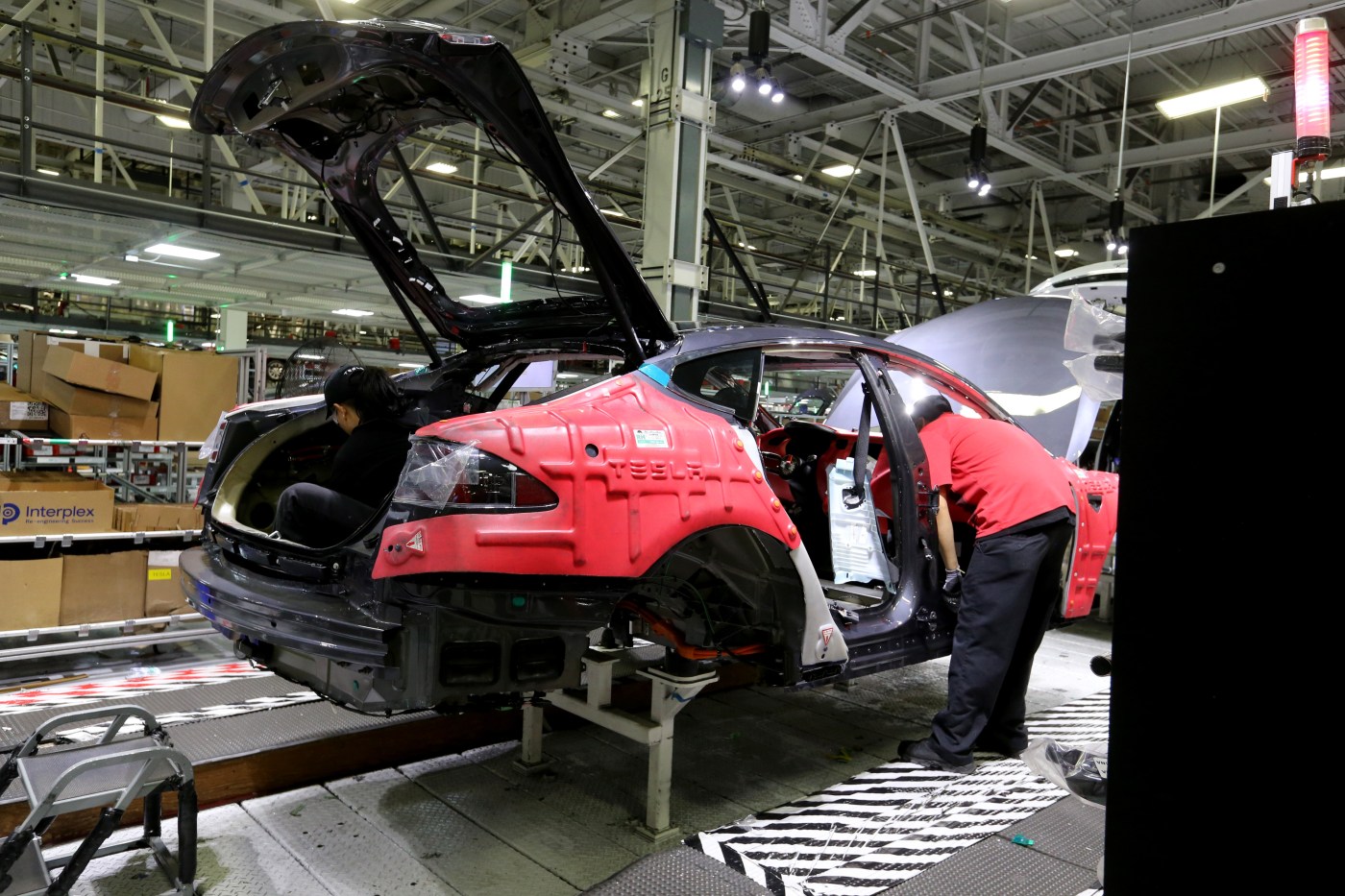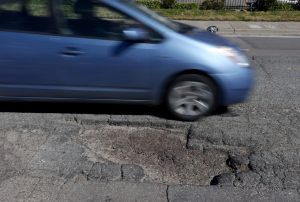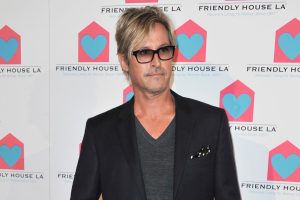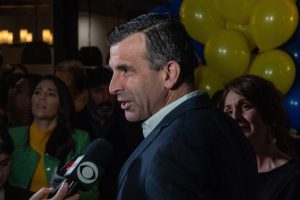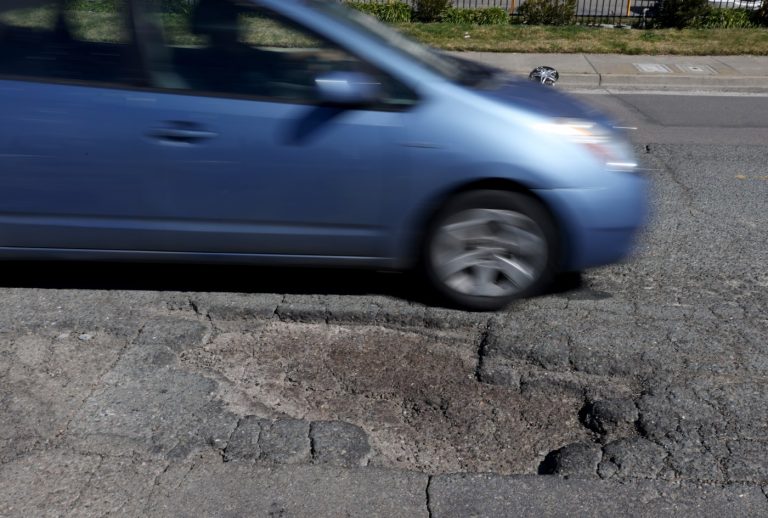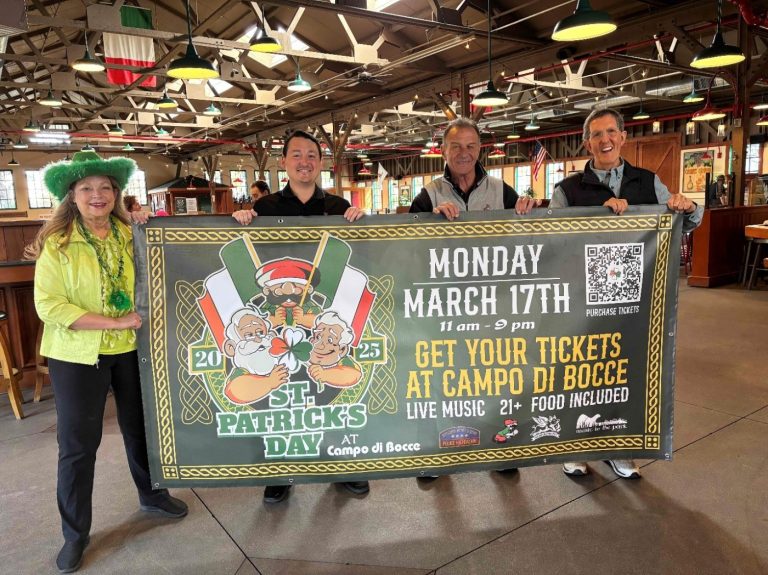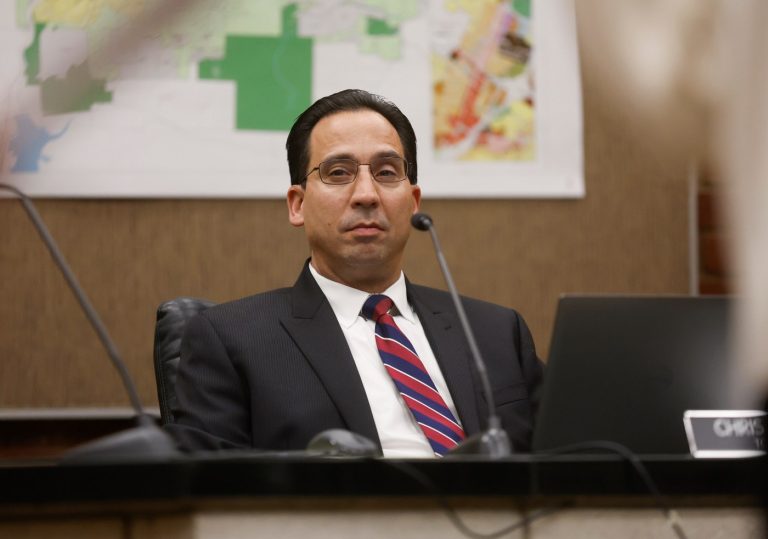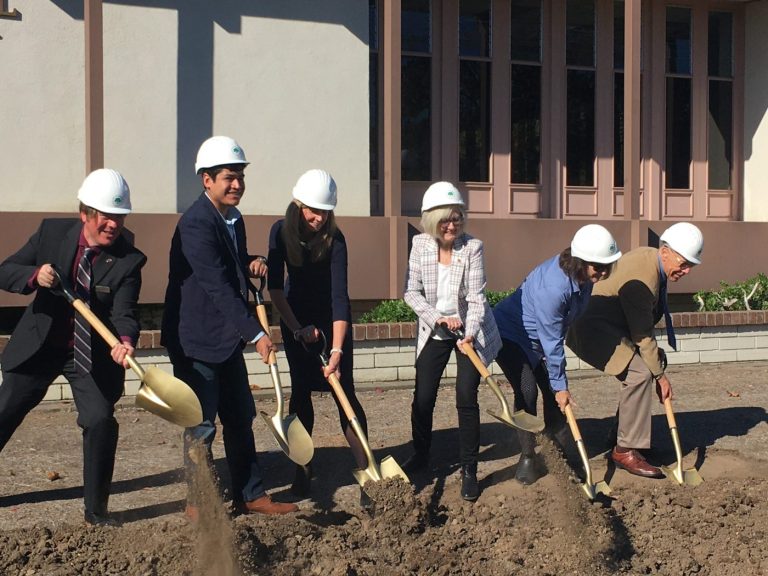A judge has found that Black workers faced years of widespread “race harassment” at Tesla’s Fremont electric car factory, opening the door for thousands more claims charging the automaker with mistreatment.
Alameda County Superior Court Judge Noël Wise, in a Friday ruling on a lawsuit by Black former Tesla workers, cited more than 500 declarations from Tesla workers who swore under oath that they experienced or observed racial abuse.
Of more than 200 Black workers who gave sworn statements for the lawsuit, about two-thirds said they saw anti-Black graffiti including nooses, racial slurs and swastikas, and about three-quarters said they heard Tesla workers refer to the Fremont plant as “The Plantation” or the “Slave Ship,” according to a court filing. A quarter said higher-ups called them the n-word.
The statements, and others provided to the court by Tesla, “suggest that over a period of approximately eight years Tesla workers in the Fremont factory heard the n-word and otherwise experienced conditions that might reasonably be characterized as race harassment,” Wise wrote.
Bryan Schwartz, an Oakland lawyer representing current and former Black workers in the case, described the judge’s statement as “an incredibly significant finding.”
“Have you ever heard of a similar statement being made about any other employer? I’m not aware of a case where there’s been so many victims of harassment at a single facility over such a long period of time,” Schwartz said.
Tesla did not respond to requests for comment Wednesday on the lawsuit and claims in other similar legal actions.
Wise’s determination follows a federal judge’s finding last year of “awful, pervasive racism” at the facility, which makes the company’s Model S, Y, X and 3 cars, and “Tesla’s repeated failure to rectify it.”
Wise’s order approved class-action status for the lawsuit but ruled that it could not result in Tesla paying damages to affected workers. The court now will try to answer three central questions about how Black workers were treated in the plant and find out whether there is currently pervasive racial abuse at the facility that needs to be addressed through a court order against Tesla.
The hundreds or thousands of workers who may wish to seek damages from Tesla over their treatment at the factory must file separate, individual lawsuits, and answers to the three questions would “establish common facts” to simplify those cases, Wise wrote.
The lawsuit will cover people who worked at the factory between November 2016 and the date of the judge’s order on May 17, Wise wrote.
Schwartz said Wednesday that he expected to start filing those lawsuits later this year and that they could total up to 10,000 cases.
The class-action case, filed by former Tesla worker Marcus Vaughn in 2017 and involving thousands of current and former Black Tesla workers, now will revolve around whether there was a pattern of widespread racial abuse at the Fremont factory, whether Tesla knew or should have known about it, and if Tesla did know, whether it failed to take immediate and appropriate action to stop it.
“It is unclear whether Tesla was aware at all times or became aware of the alleged pervasive race harassment at a certain time; whether Tesla changed the number of HR personnel responsible for responding to complaints of race harassment at a certain time; (or) whether Tesla changed how seriously it took complaints of race harassment,” Wise wrote.
Related Articles
Two-alarm fire breaks out at Tesla plant in Fremont
Tesla to make job cuts through June, leaving workers in limbo
Tesla must face false advertising claims it misled buyers about autopilot and self-driving capabilities
After announcing more job cuts, Tesla board rallies investors to vote for Musk’s $56 billion pay package
Tech job cuts ease a bit in Bay Area as industry layoffs haunt region
The lawsuit claimed that “pre-Civil Rights Era race discrimination” was standard procedure at the Tesla plant bordering I-880 and that race harassment continued and became widespread because Tesla, despite being aware of it, did nothing to stop it.
Wise noted that Tesla since October 2011 has had written anti-harassment and anti-discrimination policies and that a senior employee relations official at the company testified in the case that the use of the n-word has been banned at the Fremont factory since at least 2010.
Submissions in the case indicate that since 2015, Tesla has required training on discrimination and harassment, and around 2017 the company started a graffiti remediation program, Wise wrote.
Current and former Black workers at Tesla last year described to this news organization alleged racist abuses, including scrawled and uttered racial slurs, dangerous job assignments, unequal workloads and complaints to supervisors that produced no results or drew further harassment.
Tesla has submitted to the court declarations from 228 people who said they did not observe harassment at the Tesla Fremont factory, or if they did, that Tesla took “immediate and appropriate corrective action,” Wise’s order said.
Tesla, led by CEO Elon Musk, is also fighting several other racism-based lawsuits, including one filed in 2022 by the California Department of Fair Employment and Housing and another filed last year by the U.S. Equal Employment Opportunity Commission.
Last year, a jury in U.S. District Court in San Francisco awarded Black former Tesla worker Owen Diaz $3.2 million in damages in his 2017 lawsuit against the car maker, claiming that he endured “daily racist epithets” at the Fremont plant and that colleagues drew swastikas and left racist graffiti and drawings around the facility. The judge in that case, William Orrick, found that Tesla repeatedly failed to stop “awful, pervasive racism” at the factory.
Tesla said in a 2022 blog post that it “strongly opposes all forms of discrimination and harassment” and claimed that it “has always disciplined and terminated employees who engage in misconduct, including those who use racial slurs or harass others in different ways.”
